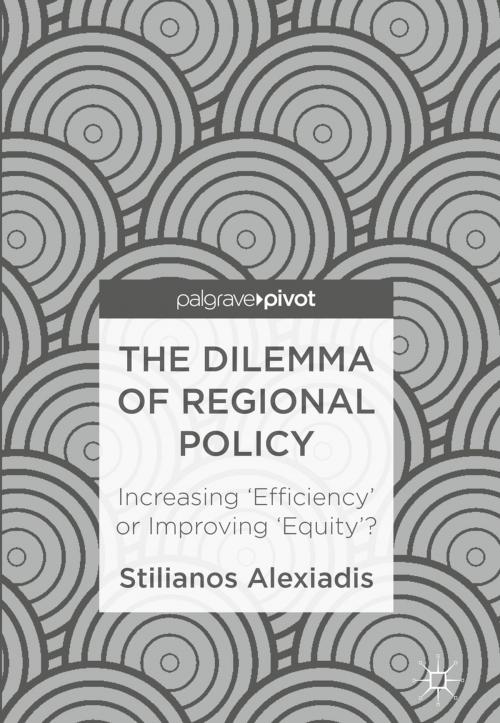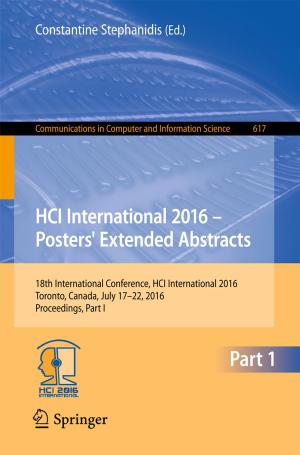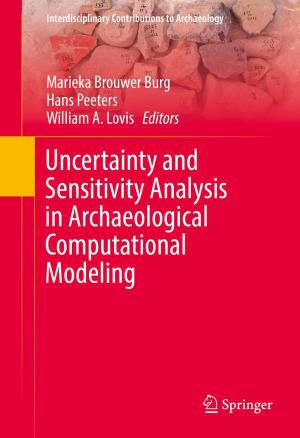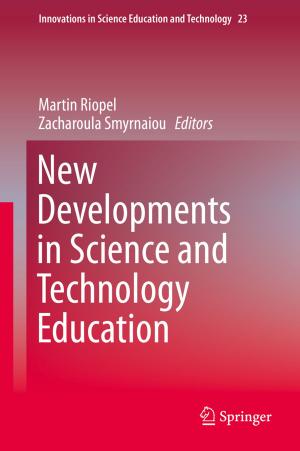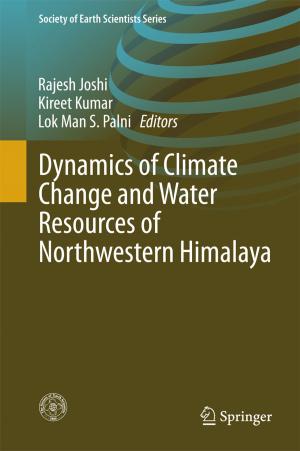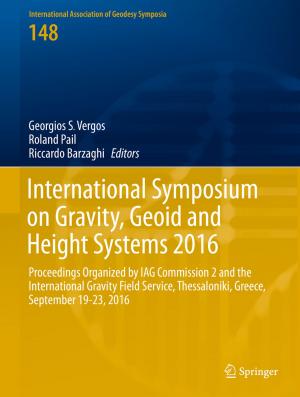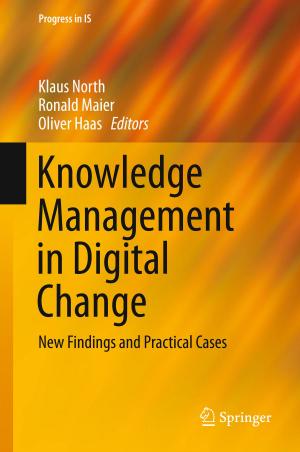The Dilemma of Regional Policy
Increasing ‘Efficiency’ or Improving ‘Equity’?
Business & Finance, Economics, Urban & Regional, Theory of Economics| Author: | Stilianos Alexiadis | ISBN: | 9783319689005 |
| Publisher: | Springer International Publishing | Publication: | November 6, 2017 |
| Imprint: | Palgrave Pivot | Language: | English |
| Author: | Stilianos Alexiadis |
| ISBN: | 9783319689005 |
| Publisher: | Springer International Publishing |
| Publication: | November 6, 2017 |
| Imprint: | Palgrave Pivot |
| Language: | English |
Applying the principles of Optimal Control Theory to the problem of regional allocation of investment can be a useful tool for demonstrating how the trade-off between regional equity and overall efficiency can be overcome. This book poses the following questions: are spatial inequalities harmful for overall efficiency? How is the economist to assist the policy-maker in establishing generally applicable criteria or policies when the aims include equity as well as efficiency? Alexiadis analyses the 'equity versus efficiency' dilemma in the allocation of scarce resources, expressing the argument in mathematical terms; an issue of particular importance in development planning and programming.
This is invaluable reading for final year and postgraduate students of regional, development and mathematical economics, as well as researchers, policy makers and all those working in regional development institutions.
Applying the principles of Optimal Control Theory to the problem of regional allocation of investment can be a useful tool for demonstrating how the trade-off between regional equity and overall efficiency can be overcome. This book poses the following questions: are spatial inequalities harmful for overall efficiency? How is the economist to assist the policy-maker in establishing generally applicable criteria or policies when the aims include equity as well as efficiency? Alexiadis analyses the 'equity versus efficiency' dilemma in the allocation of scarce resources, expressing the argument in mathematical terms; an issue of particular importance in development planning and programming.
This is invaluable reading for final year and postgraduate students of regional, development and mathematical economics, as well as researchers, policy makers and all those working in regional development institutions.
